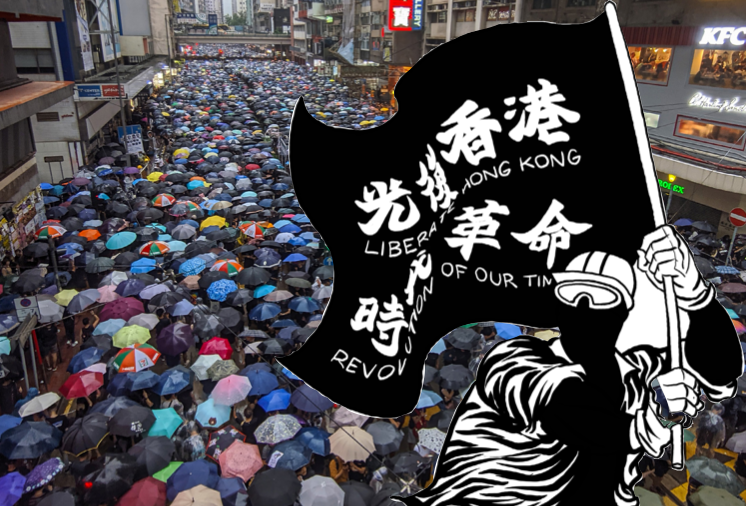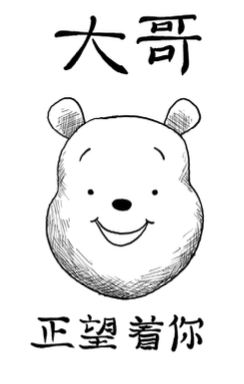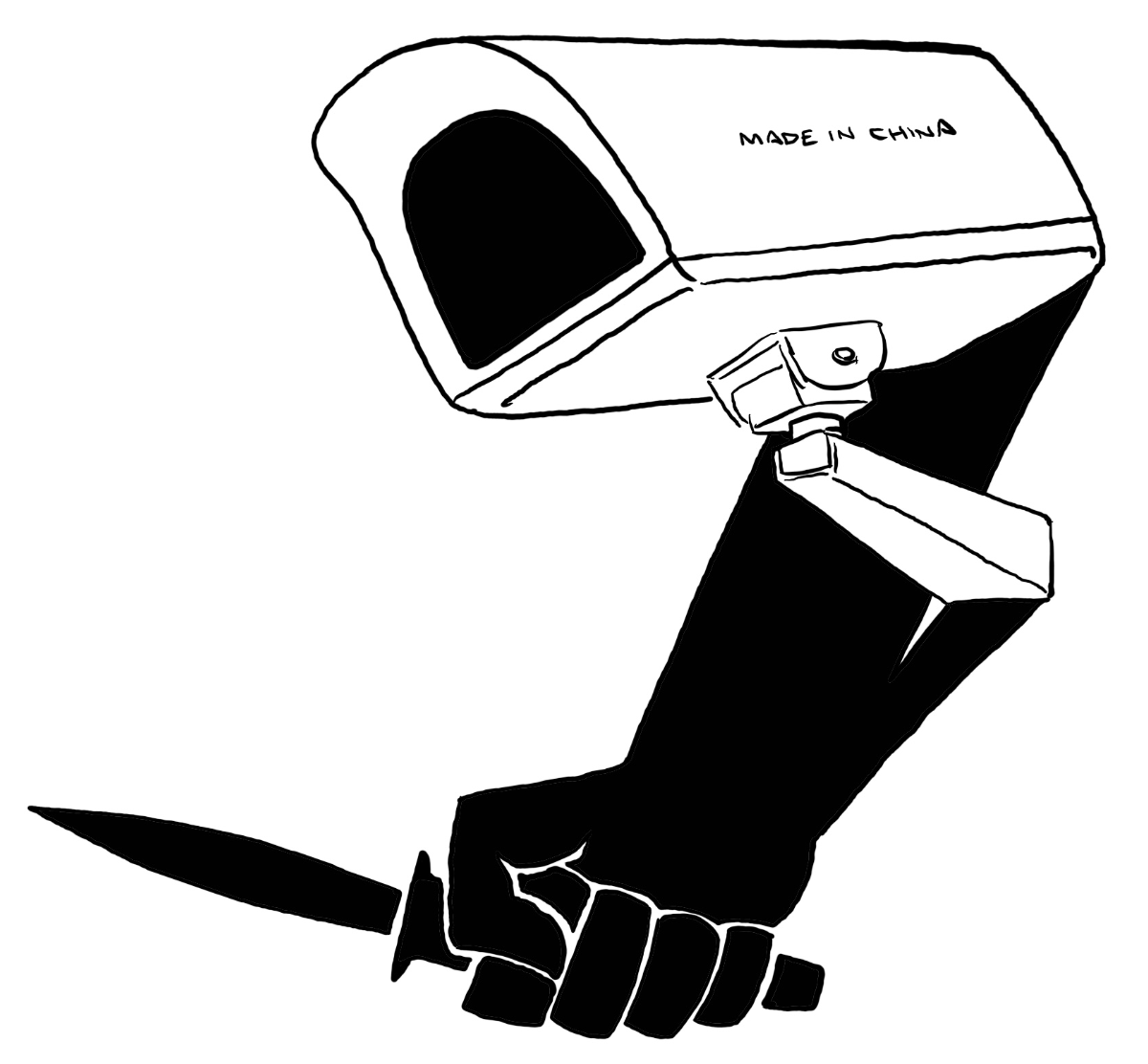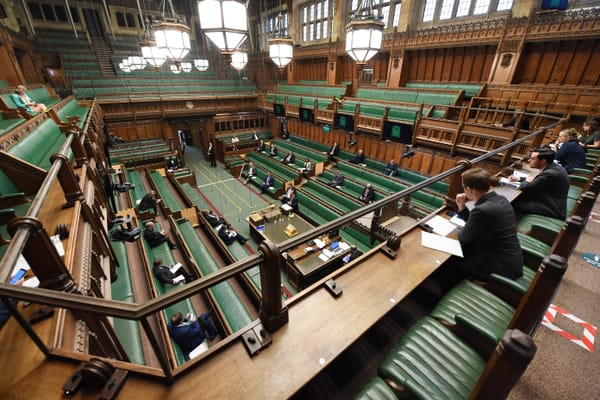Why is China killing me?
An anonymous contributor opines about democracies fading foothold in Hong Kong and the horror of watching your home disappear

Four pro-democracy Hong Kong lawmakers were disqualified by China for being “unpatriotic” or, in the way Beijing often likes to put it, colluded with foreign forces to endanger China’s national security. 15 others resigned in solidarity. Truth be told, the Legislative Council never really writes any laws. It just examines the bills the government proposes, and decides on whether to pass them or not. As the Legislative Council is historically dominated by pro-establishment legislators, most bills get passed despite all the fights the op- position put up. Now, with most of the pro-democracy lawmakers having left, the only purpose left of the Legislative Council is to be a rubber stamp.

The above is only one of the many ways China uses to take away Hongkonger’s human rights, forcing us to live in white terror.
Let’s talk right to privacy.
The government installed lamp posts equipped with cameras, Bluetooth, and RFID technology under the pretence of collecting traffic data and improving 5G network coverage, but the fact these were provided by mainland-owned companies makes it extra shady. China has always taken pride in its facial recognition technology used in surveillance. In Shenzhen, a large city north of Hong Kong, jaywalkers are identified by cameras on the streets. Such technology is also being employed in Xinjiang, a western region of China, where Uyghurs and members of other Muslim ethnic groups are tracked and analysed to prevent any potential protest or violence. Some of the Uyghurs are then taken to concentration camps where they are subjected to “re-education”. It is just brainwashing. Taking this into consideration, is it so wrong to think these lamp posts are tools for surveillance?
China claims this law goes beyond Hong Kong-ers; People of all nationalities my face prosecution...
Let’s talk about freedom of expression and the right to a fair trial.
Back in May , the National Security Law was introduced in Hong Kong to prevent any acts that would undermine China’s power. It vaguely defined “secession”, “subversion”, “terrorism” and “collusion with foreign forces" as acts endangering national security. Its broadly worded nature leaves even peaceful protestors at risk of breaking the law. In fact, since its introduction, the Hong Kong government has been very keen on using it to silence individuals. Did you a piece of white paper as a form of protest? Keep a “Hong Kong Independence” flag in your backpack? Placed a “Liberate Hong Kong, the Revolution of Our Times” sticker on your phone case? These are all acts which violate National Security Law, and people have been arrested for them. More so, offenders could be taken to China for trial. China is notorious for not having fair trials and a transparent detention process.

A human rights lawyer, Li Heping, was beaten, drugged, and subjected to electric shock when he was secretly detained. Do you know what the funniest part is to me? China claims this law goes beyond Hongkongers; people of all nationalities may face prosecution once they step into China’s jurisdiction if they have engaged in any acts deemed in violation of the law. (Jokes on me, I am probably in violation of this law already by voicing my opinions on China) To be honest, this feels so much like 1984. Big Brother’s ever-looming presence keeps reminding us to stay silent. If it is decided that two plus two equals five, we are not allowed to protest about it.
Let me ask you a question: how important is freedom to you? As a Hongkonger, I never realised how important it is until the protests broke out in Hong Kong. Freedom is like air: you cannot see it physically but it is essential for your life. I thought I had been living in freedom since my birth, only to realise I have been choking in the lack of it.
Dear China, I want to breathe. Let me live. Please.





